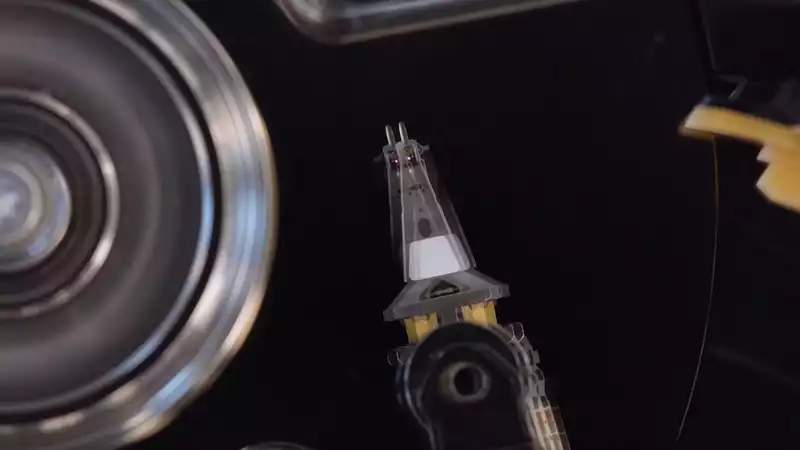This capacity was initially promised by Heat Assisted Magnetic Recording technology, or HAMR for short, but has hit a few speed bumps along the way. But the wonder material of graphene has once again come to the rescue to make a smoother tomorrow for all.
Thermal-assisted magnetic recording technology remains the key to high-capacity hard disk drives, but as data density increases, the effects of friction, wear, corrosion, and thermal stability are showing up and ruining the party for everyone.
Currently, HAMR hard disk drives use a carbon-based overcoat (COC) to protect the drive's platter surface. The problem is that this COC layer is still relatively thick, which limits the pursuit of high data density.
Researchers at the University of Cambridge, specifically the Cambridge Graphene Center, believe they have the answer. They are replacing the carbon overcoat with a graphene overcoat (called a GOC). [They replaced the carbon overcoat with a graphene overcoat and tested it, and sure enough, the graphene overcoat reduced surface friction, increased corrosion protection, and made the surface smoother.
If you are familiar with scientific papers, you can check out the reasoning and background in this article in Nature Communications.
The main point here is that despite the advances in SSDs, hard drives are still found in PCs; I shudder to think how much a 100 TB M.2 drive would cost.


Comments